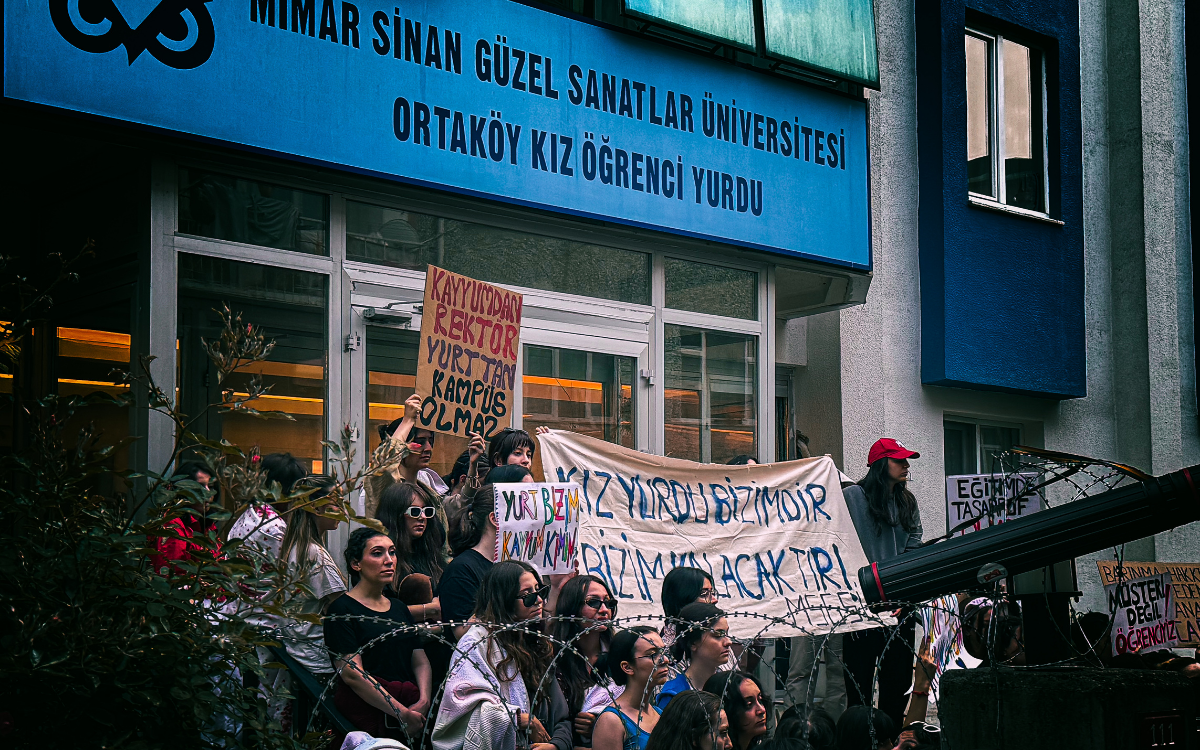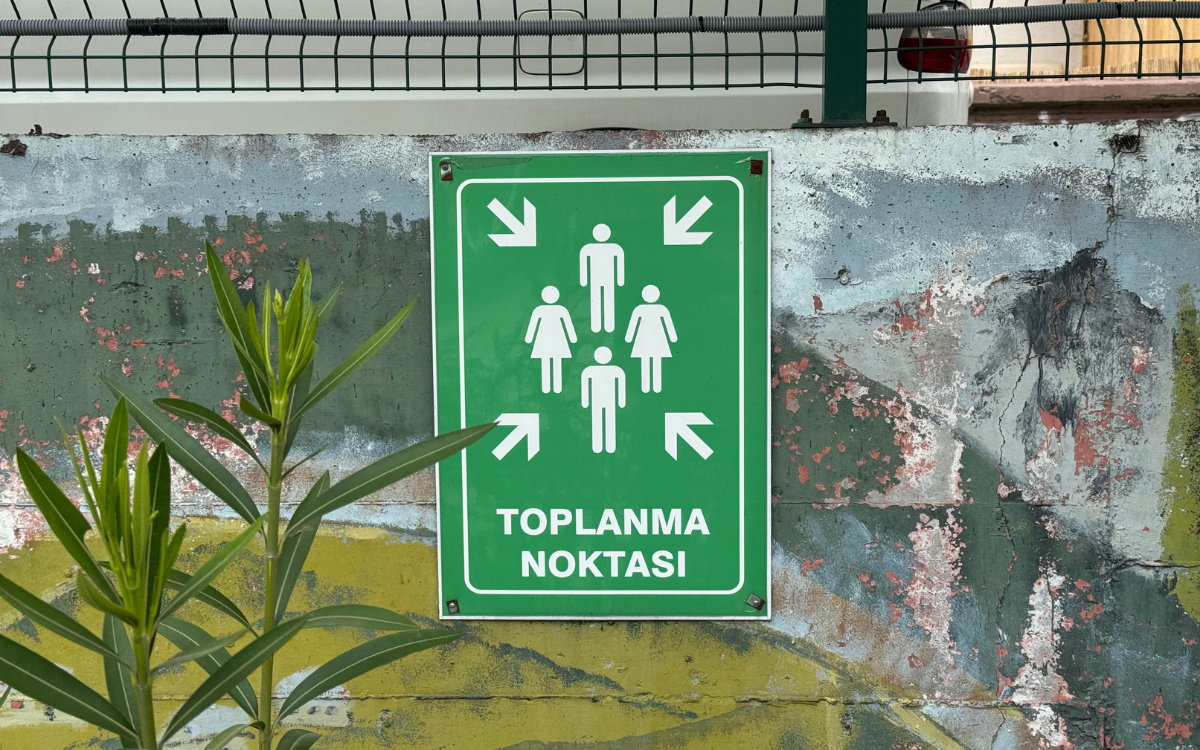Süleyman Soner Hamurcu, a visually impaired teacher working at a school in İstanbul, applied online for a credit card to Yapı Kredi, one of Turkey’s largest banks. When his application was approved, he visited the bank to activate the card through the mobile app.
Hamurcu had opted for an in-person visit because previous video calls with customer service representatives had been abruptly terminated once they realized he was visually impaired.
Hamurcu shared his experience with bianet, saying he was subjected to ableism at Yapı Kredi’s Yenibosna Radar Branch in İstanbul.
‘After all, you can't see’
When his turn came at the bank’s branch, Hamurcu explained his request to the bank employee. According to him, the employee responded, "I don’t know how to proceed. After all, you can’t see."
He continued, "I told her it wasn’t a problem and that I could sign. In return, she said, ‘But you can’t write.’ When I repeated that I could sign, she again said, ‘I don’t know how to proceed.’ So I suggested that she ask for support from inside. This time, she started yelling, ‘You don’t understand me’."
After this, the employee consulted her manager and told Hamurcu, “You need to get a notarized power of attorney.” Due to time constraints, Hamurcu left the branch and later shared his experience on social media.
Forced witness requirement
Following his post, Yapı Kredi contacted Hamurcu, stating that the incident was a misunderstanding and that they would follow up with him as soon as possible.
The next day, the same employee who subjected Hamurcu to ableism persistently called him, asking, “Do you want to proceed without witnesses?” When Hamurcu confirmed that he wanted to complete the process without witnesses, she replied, “Okay, we’ll find three witnesses for you from the bank.”
After this conversation, Hamurcu cut all ties with the bank and announced that he would pursue legal action.
On its website, Yapı Kredi claims to be the first bank in Turkey to launch an accessible banking program in 2008.
“We aim to minimize the challenges they experience while accessing banking services with this program, a first in the banking sector, taking responsibility to increase their participation in social life as part of society,” says the statement promoting the program.
Owned by Koç Holding, Turkey's largest business conglomerate, Yapı Kredi is also the country’s oldest private bank.
‘People with disabilities should grow the struggle’
In the light of his experience, Hamurcu called on visually impaired individuals, saying, “We face ableism and discrimination in every part of our lives, even while walking down the street.
“My message here isn’t directed at the bank or other institutions. I believe that by growing our struggle and raising our voices, we can make banks, municipalities, government institutions, and private companies yield to us. I don’t think there’s a more sacred form of resistance than this struggle.
“That’s why my message is entirely for blind people and others with disabilities. I believe we need to unite and raise our voices not just against individual banks, but against everyone who discriminates against us institutionally. I invite everyone to join this fight.”
Lawyer: Discrimination ban violated
Mustafa Keskin, a member of the İstanbul Bar Association’s Executive Board for Disabled Rights, told bianet, "Article 15 of the Turkish Code of Obligations regulates that visually impaired individuals can sign with witnesses upon their request. Therefore, forcing a witness on Mr. Hamurcu despite his refusal is a violation of the discrimination ban.
“The bank’s approach is against regulations and the law. It ignores the will of the visually impaired individual and is discriminatory."
Regulation on Accessibility of Banking Services
Article 8: Visually impaired customers may sign contracts after exercising their right to obtain and review information regarding banking services. In this context, different procedures cannot be imposed on disabled customers unless requested.
Turkish Code of Obligations
Article 15:
Signatures must be handwritten by the person assuming the obligation. A secure electronic signature produces the same legal effects as a handwritten signature. A signature made using a non-handwritten method is considered valid only in customary cases, such as the signing of mass-produced valuable documents.
(Amended clause: 13/2/2011-6111/213 art.): In the case of visually impaired individuals, witnesses are only required upon their request. Otherwise, it is sufficient for them to sign by hand.
(AD/VK)












